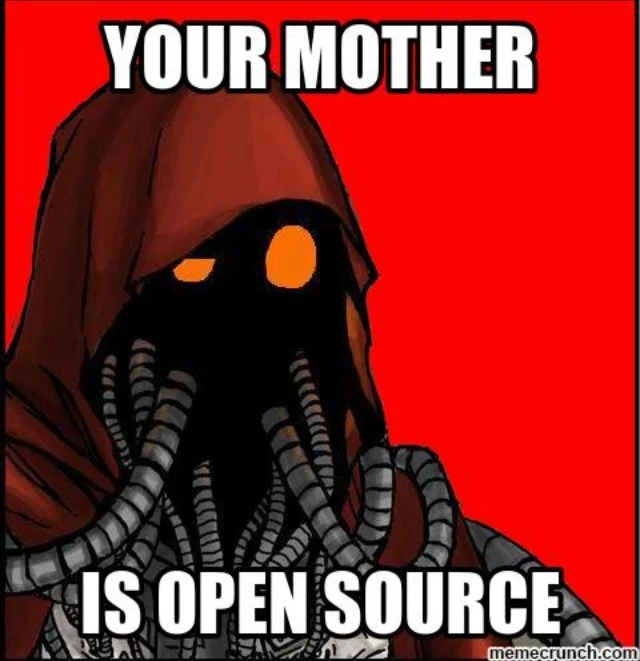- cross-posted to:
- [email protected]
- cross-posted to:
- [email protected]
In a pivotal moment for artificial intelligence and copyright law, Meta has secured a bittersweet partial fair use victory in its defense of a ‘piracy’ lawsuit filed by several book authors. While granting Meta summary judgment on specific claims, the court outlined how copyright challenges against AI developers might succeed in the future. The decision emphasizes the critical importance of proving potential market harm, specifically by AI-generated books.
Second, the plaintiffs argued that Meta’s unauthorized copying harmed the relatively new market for AI training licensing. The court dismissed this too, ruling that the harm from the loss of licensing fees is not “cognizable”.
So all loss claimed by media giant for lost subscription (license fee) is not cognizable.
“As should now be clear, this ruling does not stand for the proposition that Meta’s use of copyrighted materials to train its language models is lawful. It stands only for the proposition that these plaintiffs made the wrong arguments and failed to develop a record in support of the right one,” the ruling reads.
No decision made then.
So, now we train an AI on a single Release, let it generate that release and share it legally under fair use?
Or let people generate the release themselves under fair use?
🤔
Nah you just need money
This is the argument that bothers me:
The court also identified a third argument, which the authors didn’t pursue in great detail; market dilution. Under this theory, AI models trained on copyrighted works can generate “countless works that compete with the originals, even if those works aren’t themselves infringing,” Judge Chhabria wrote.
So, even if what you make isn’t infringing on their rights, its still competing with them which should be forbidden. That whole argument is a machine shouldn’t be allowed to compete with a human. So, if I am inspired by another’s work, that’s ok, but if a machine does that we need to ban it.
That’s why I only wear clothes made by human children. No machine gonna dress me!
The latter part makes sense to me tbh. Machines should not allowed to compete with humans (in creative endeavours) because it is an intrinsically unfair competition that further erodes the rights of those humans who are more vulnerable, in the circumstance that is opposite to the intent of having machines around in the first place. They are supposed to do our beast-of-burden work, not make it so that our only pending value to be extracted by capitalism is beast-of-burden work.
What I’m not sure I buy is the idea that the “countless works” generated by AI actually compete with the original, in particular if they are non-infringing. Let’s say I take the work of an author to train an AI on their style. The author writes exclusively noir; I instruct the AI to generate college drama in the same style. Are the new works competing? The author won’t offer me a college drama in the first place.




